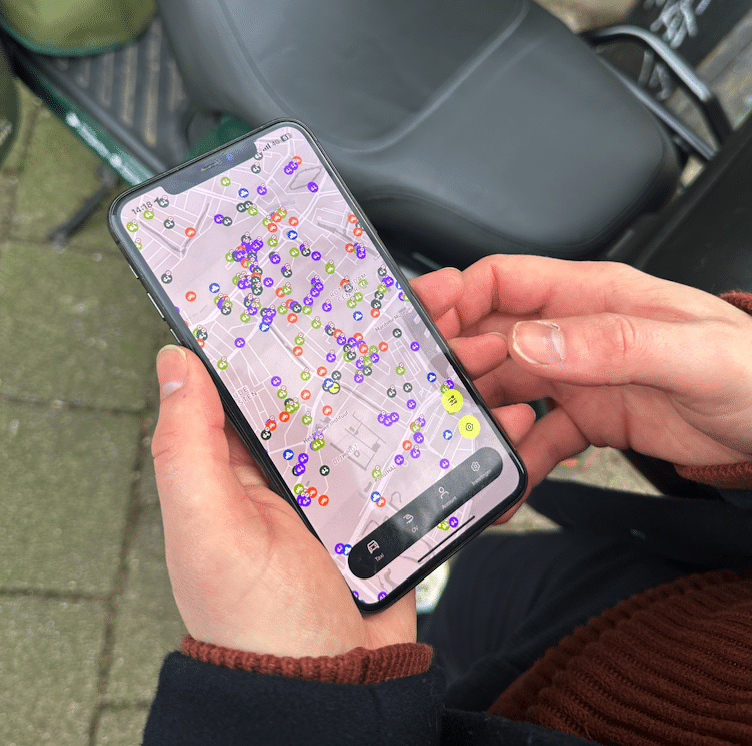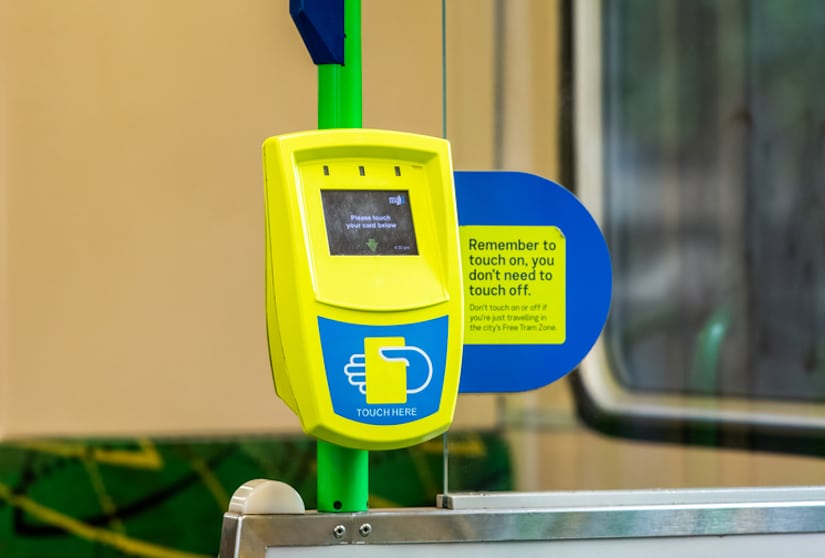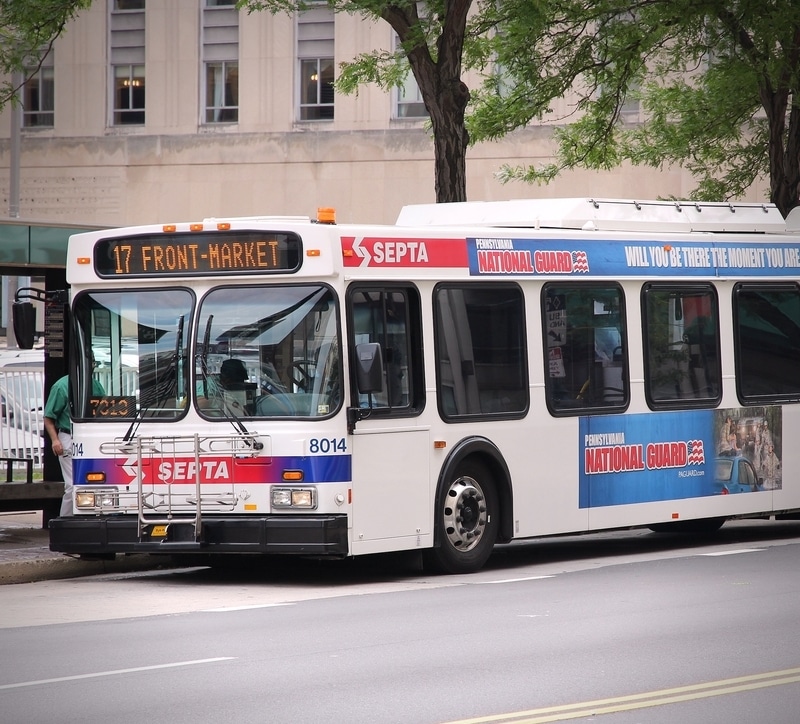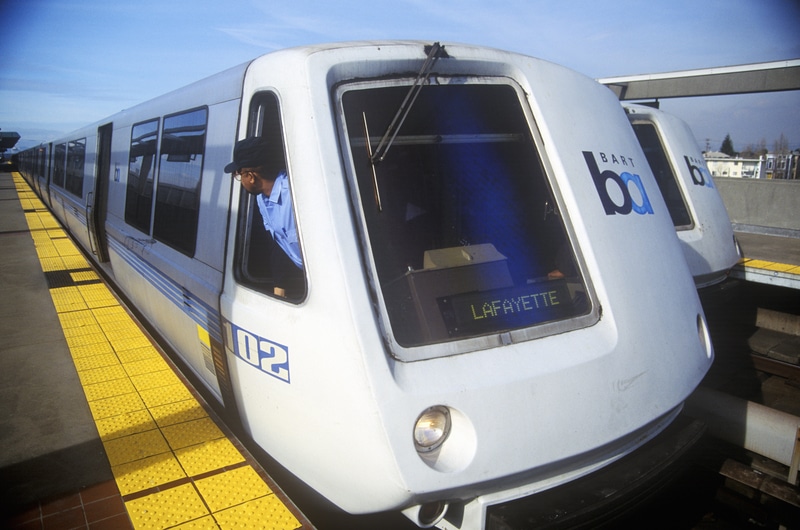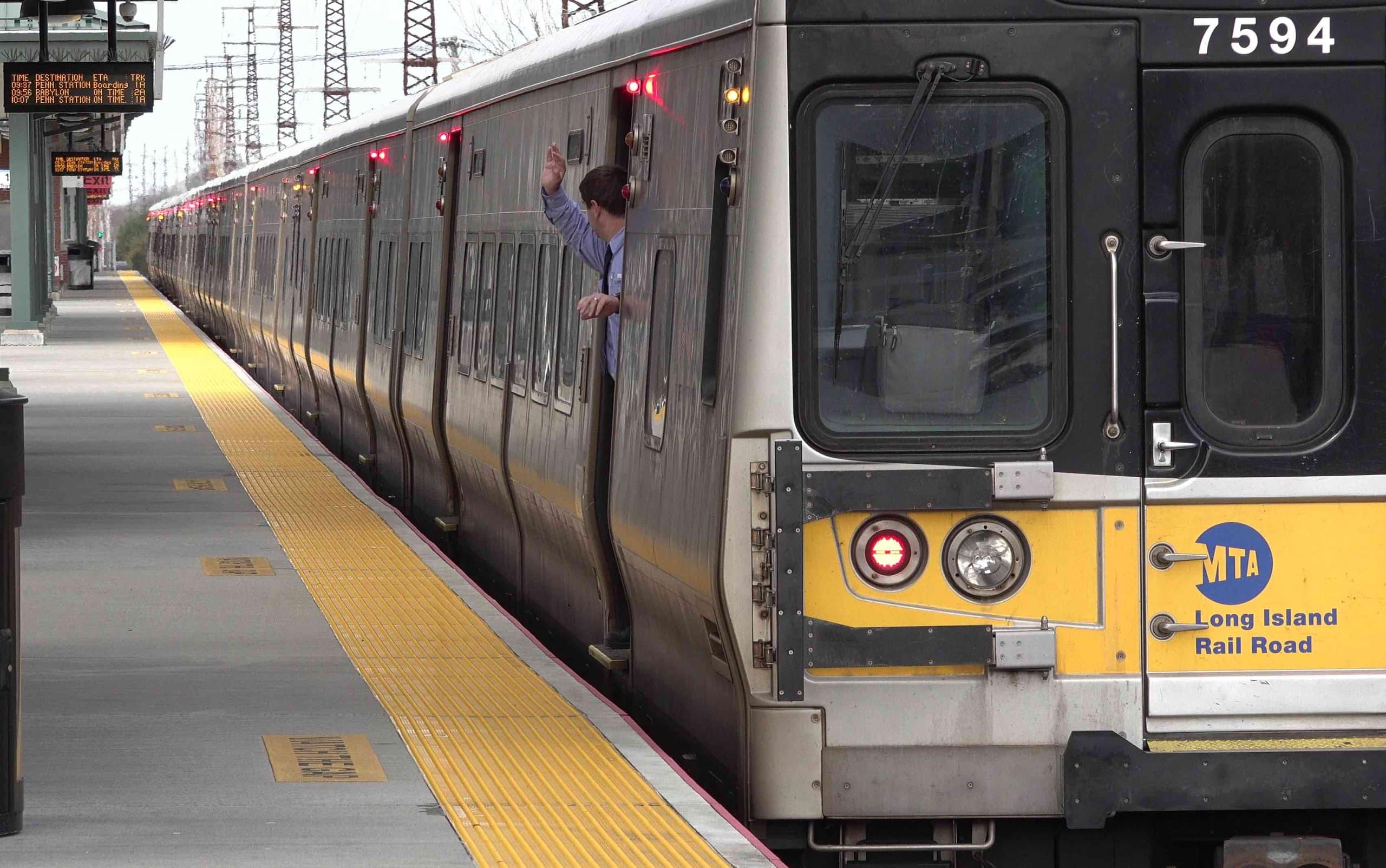
Article Highlights
The CEO and founder of financially strapped Finnish start-up MaaS Global, creator of the pioneering mobility-as-a-service app Whim, said the company is “reorganizing. That includes laying off more employees, after having closed at least one country operation last month.
MaaS Global is believed to have laid off half of its roughly 50 employees in its home base of Finland. That’s after closing its Brazilian office last month and shutting down the Quicko app platform it had acquired only six month earlier with shares of the company. Local reports said 60 employees were terminated in Brazil.
• MaaS Global
• Siemens Mobility
• Cubic
The CEO and founder of financially strapped Finnish start-up MaaS Global, creator of the pioneering mobility-as-a-service app Whim, said the company is “reorganizing. That includes laying off more employees, after having closed at least one country operation last month.







